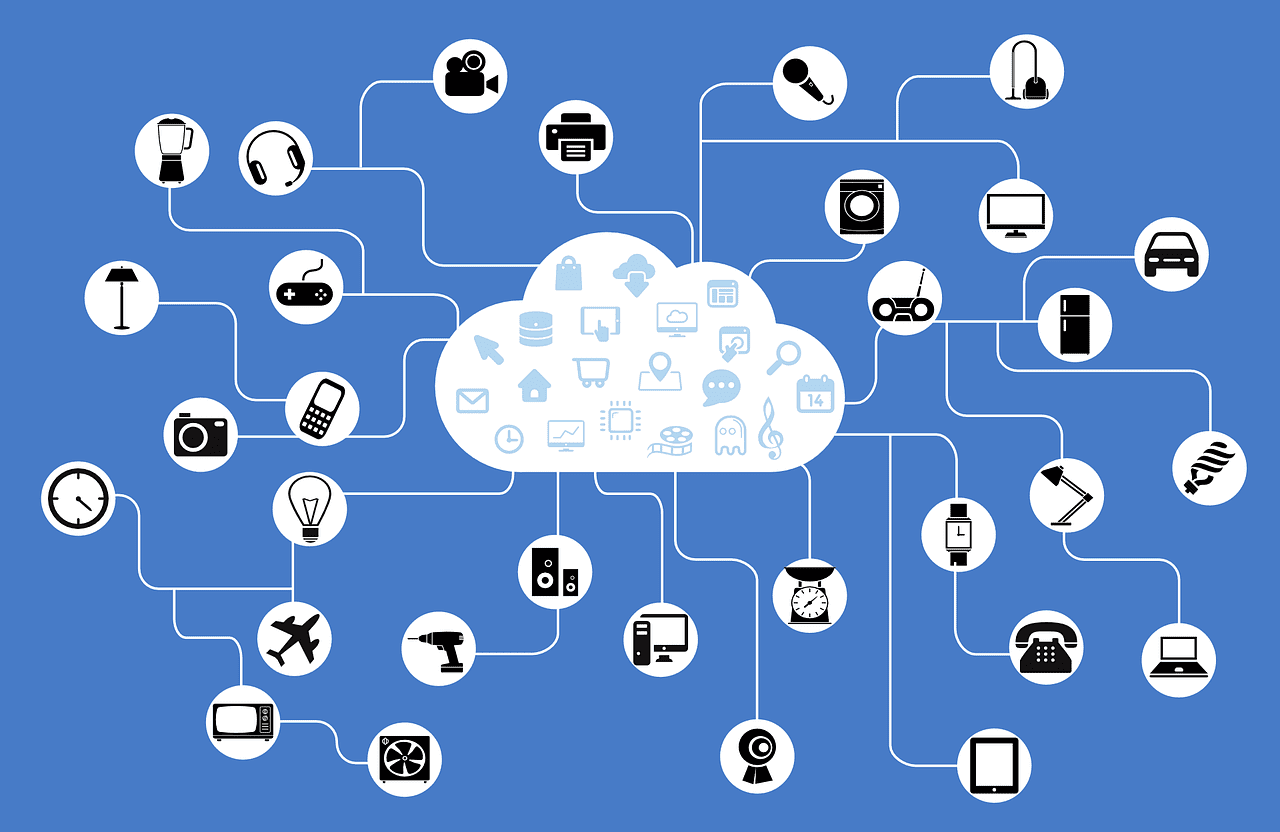The Internet of Things
Everything You Wanted to Know But Were Afraid to Ask
We know you have heard about the Internet of Things (IoT). You likely have a sense that it describes a worldwide network of smart devices. We are already living in a world of billions of smart devices. Your smartphone is one of them, and market researchers estimate that 2.9 billion of them were in use in 2017 – and of course, that number continues to grow.
But IoT is about much more than smartphones. One part of IoT is about consumer devices and products, and another side of it is in devices used in business and industrial applications. Healthcare is another area where IoT – or smart – devices are going to make a huge impact. Since a large part of our business is based on integrating smart devices and home automation, we’re going to center this discussion of IoT around smart home technology. The smart home is seeing a huge wave of innovation in the world of IoT.
Let’s take a look at IoT products and technology from the point of view of how they can make your New York City home smarter now and in the future.
SEE ALSO: Smarter Homes With Artificial Intelligence
What Is the Internet of Things?
IoT is a broad term encompassing many technologies, products, and markets. Narrowing it down to the smart home, it refers to common home devices that now have ever-increasing intelligence and connectivity built into them – just like our smartphones. These devices talk to each other and connect with other devices and services over the Internet.
What Are Those Smart IoT Devices?
There are many, and new ones are being invented every year. Thermostats like Nest, lights and switches from a variety of vendors like Philips and Lutron, smart locks, electric plugs, cameras, and sensors for light, temperature, humidity, and more. Lately, appliances are getting into the IoT game, like smart refrigerators, washing machines, and coffeemakers. And of course, connected AV equipment like receivers, Apple TV, Roku, and smart speakers powered by Amazon’s Alexa and Google Home.
What Makes a Home Smart?
Making a home “smart” is more than just having a collection of intelligent devices. It’s about making them all work collaboratively to automate everyday tasks and functions, making your life easier.
What Are the Benefits of a Smart Home?
Convenience, energy savings, and security are the three top benefits. There’s also the sheer luxury of it when everything is coordinated to work together – like a smart thermostat, motorized shades, and lighting, creating the environment you want effortlessly.
How Do Smart Devices Communicate?
There are a few main technologies employed, depending on the size and power requirements of the device, the amount of data it sends and receives, and the distance from it and something it needs to communicate with.
Wi-Fi is for devices that use a lot of data – like a smart security camera sending video. Bluetooth can be used in light bulbs, sensors, and a variety of other devices. Bluetooth LE (Low Energy) is gentle on battery life and great for devices that need to go a long time between charges. Zigbee is a low energy, mesh network technology that is also excellent for home control of devices, having long range and low energy consumption.
What Are Some of the Issues with IoT and the Smart Home?
There are a few to be aware of. One is the challenge of making everything work together seamlessly. It’s easy to buy a lot of smart devices but making them work together as a cohesive system is more difficult. We are experts at the integration of smart devices to make a smart home work. Security and privacy are also issues, as these devices collect data that can be sensitive when aggregated across all your activities with smart devices.
Should I Be Worried That the Smart Devices Will Take Over?
Some people are concerned about the hacking of devices, and others might worry about being overly dependent on interconnected technology because when it goes awry, nothing works. But we think these concerns are overblown, and steps can be taken to ensure your home network and smart devices remain safe from hacking. From a privacy standpoint, smart home vendors are cognizant of the issues and are offering more tools to inform you how much of your data from these devices is shared, and how to limit that if necessary.
As professionals working with smart technology every day, we know how to design systems that will work reliably. Even when they don’t, we can ensure that you always have an alternative way of getting what you want done, even when the unexpected glitch occurs.
So, embrace IoT and smart technology. It will make our lives better, just like many fundamental technologies such as electricity and refrigeration did in the last century. To better understand what the Internet of Things can do for you, give us a call or fill out our online contact form to schedule a consultation with our team.
